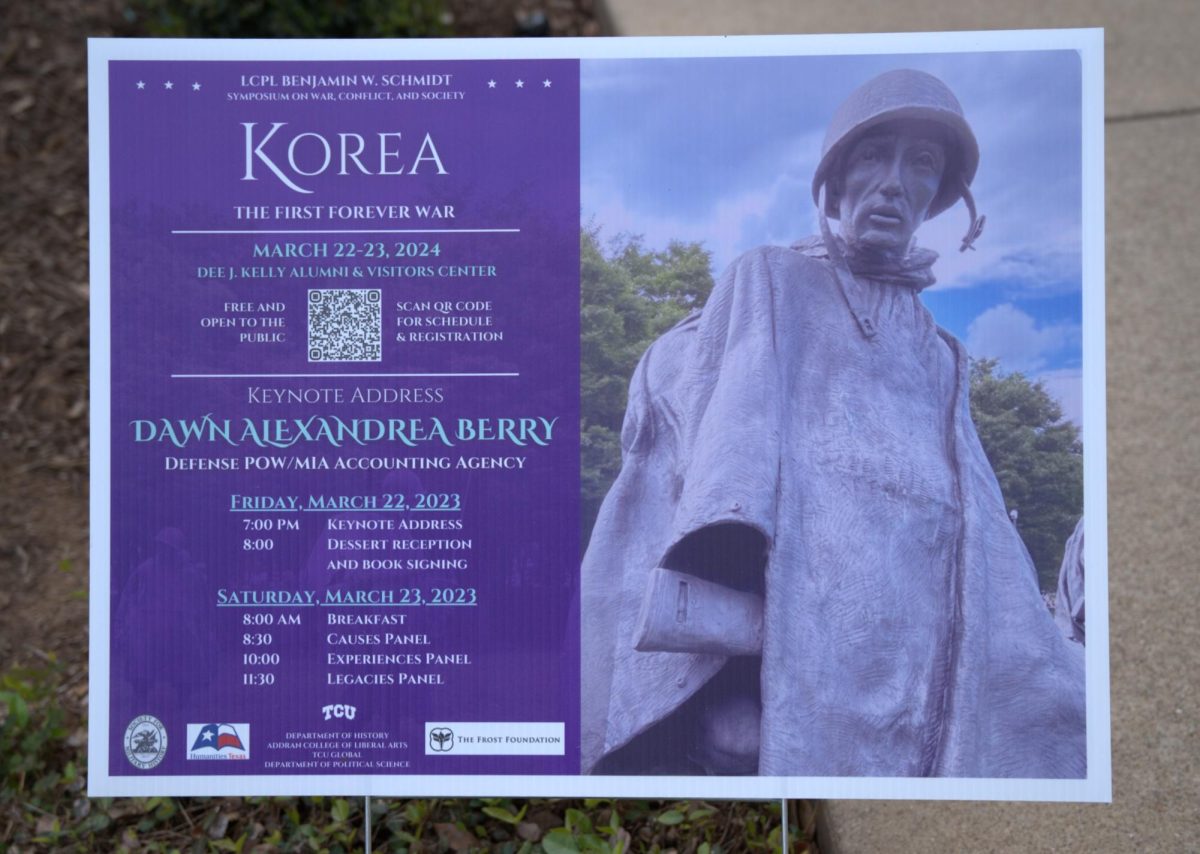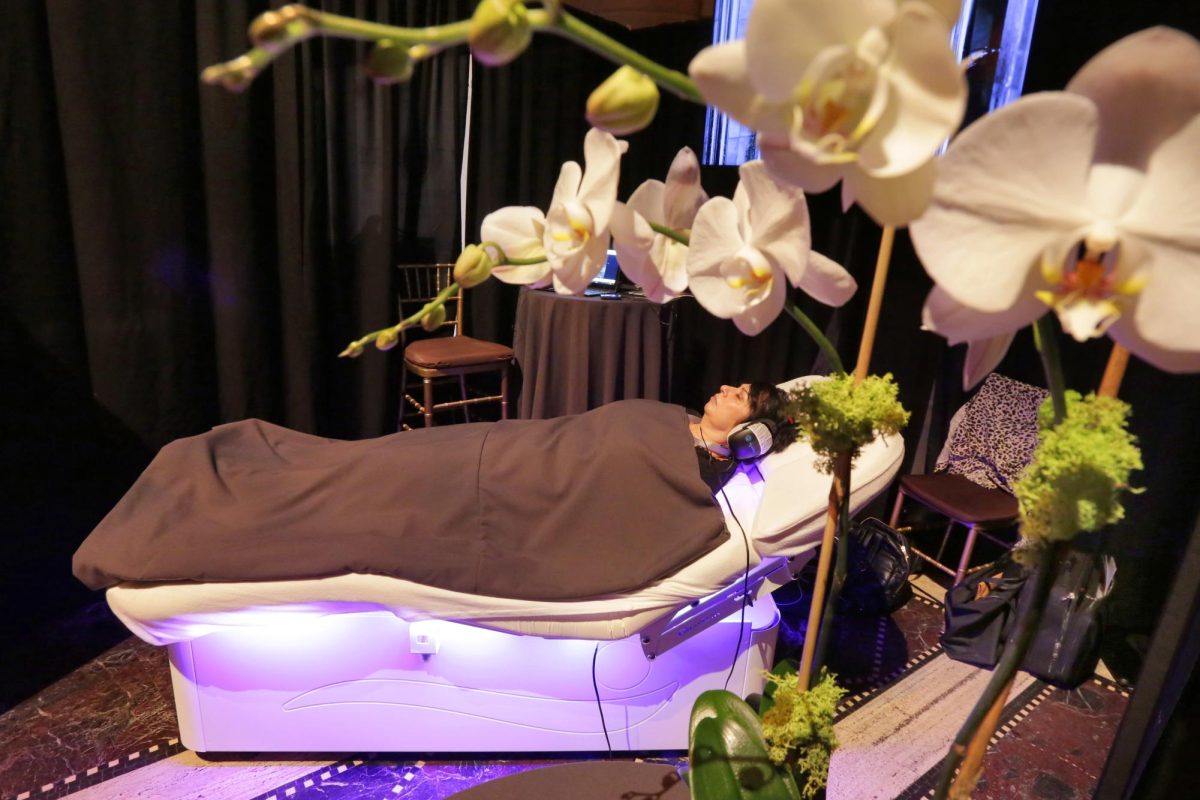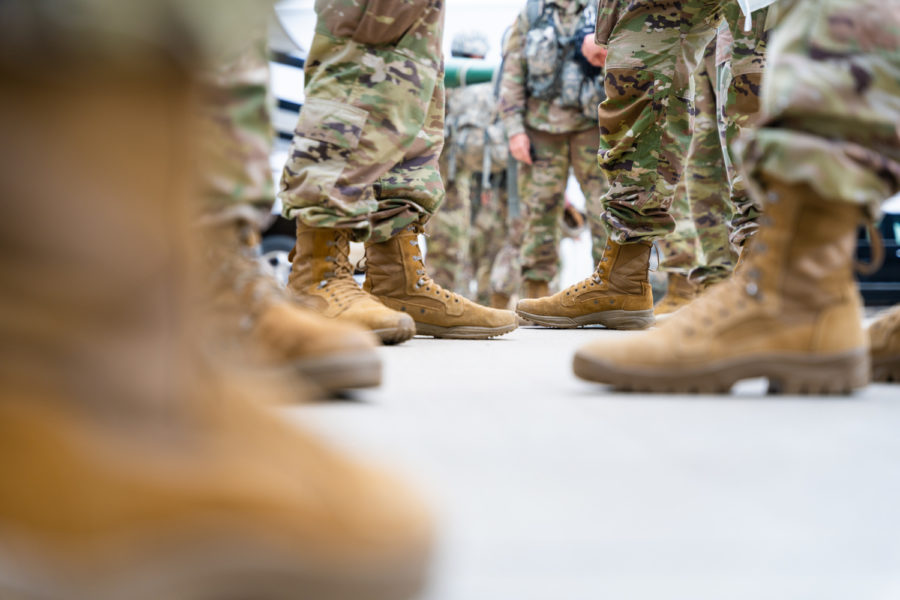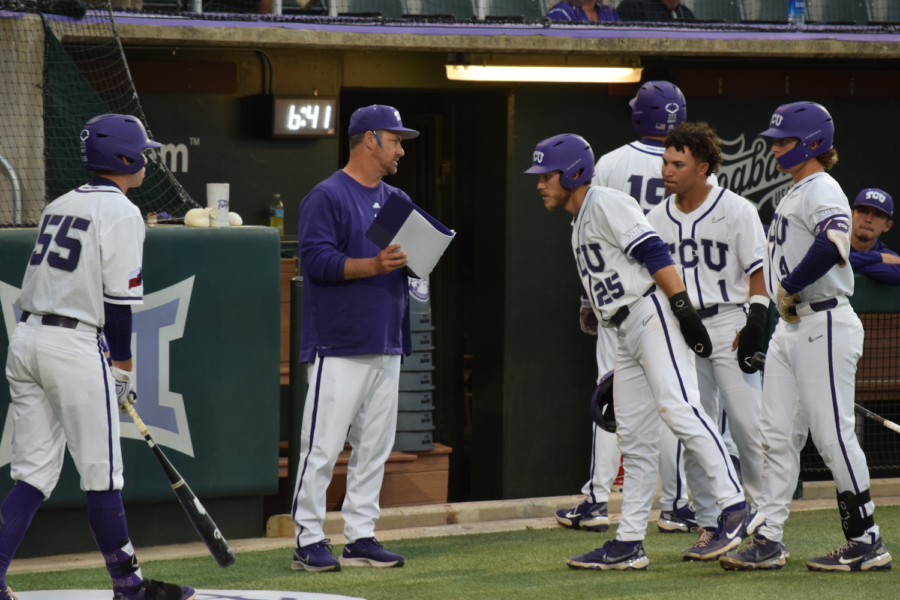Caught between World War II and the Vietnam War, the Korean War is known by some as the “Forgotten War.”
But the conflict that ended with a divided Korea was remembered last month at the seventh annual Lance Cpl. Benjamin W. Schmidt Symposium on War, Conflict and Society.
“We hope to do anything but forget,” said Kara Vuic, the Lance Cpl. Benjamin W. Schmidt Professor of War, Conflict and Society in 20th-Century America.
“When we talk about the cost of war, it’s not money or dollars or budgets or tanks, but it’s human beings.” Vuic said.
There are 81,000 missing American service members whose families are still looking for their remains.
“The impacts of war don’t end when the fighting stops,” said keynote speaker Dawn Alexandrea Berry, the Chief of Research, Korea/Cold War for the Defense POW/MIA Accounting Agency (DPAA).
“I often begin by saying this is a very emotional mission,” Berry said. The DPAA’s mission is to provide answers for families whose loved ones went missing during service.
Cpl. Daniel Doolin was one of the soldiers who impacted Berry’s life. He was killed in North Korea in 1950. When Berry was assigned to work on the Korean War project, she talked with Doolin’s sister.
Berry got to know everything about Daniel and the brother he was. His sister described him as her first love, and she is still looking, Berry said.
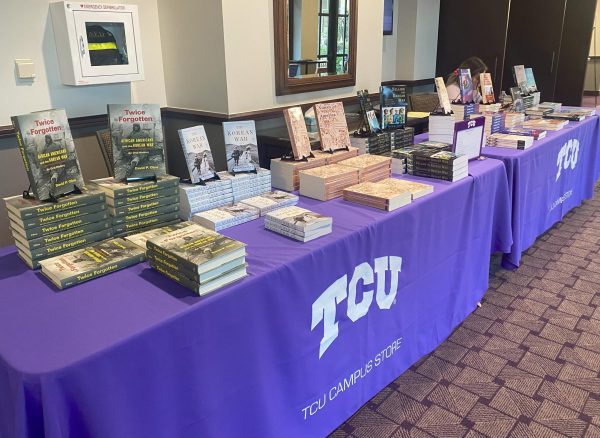
The DPAA works in the field, laboratory and historical research. Archaeologists, forensic anthropologists and other professionals work together and travel around the world to meet with family members.
At the moment, there are terrestrial investigations and excavations in South Korea, and scientists completed the first underwater investigation in Busan last year, Berry said.
The work can be challenging because of the closeness with the families.
“My entire cubicle at the time was just hundreds of pictures of missing service members,” she said.
The symposium is in memory of former TCU student and Marine scout sniper Benjamin Whetstone Schmidt.
Schmidt attended TCU for three semesters before joining the Marine Corps. He planned to complete his enlistment and return to finish his history degree.
He was killed in 2011 in a friendly fire incident after volunteering to go to Afghanistan with a group of scout snipers with non-combat experience.
Schmidt’s father, Davis, launched a campaign to create the professorship in 2012 after Schmidt told his family that if he did not come home, he wanted to bequeath half of his life insurance to the TCU Department of History. Schmidt’s parents have continued to support the department since then.
Two rows of seats were reserved for Schmidt’s family and friends.
Close to 200 people were expected to attend. A big portion was local high school social studies teachers because the symposium offered them continuing education credits.
“I think that’s very exciting, that they would come and learn and then take it back into the classroom,” Vuic said.

